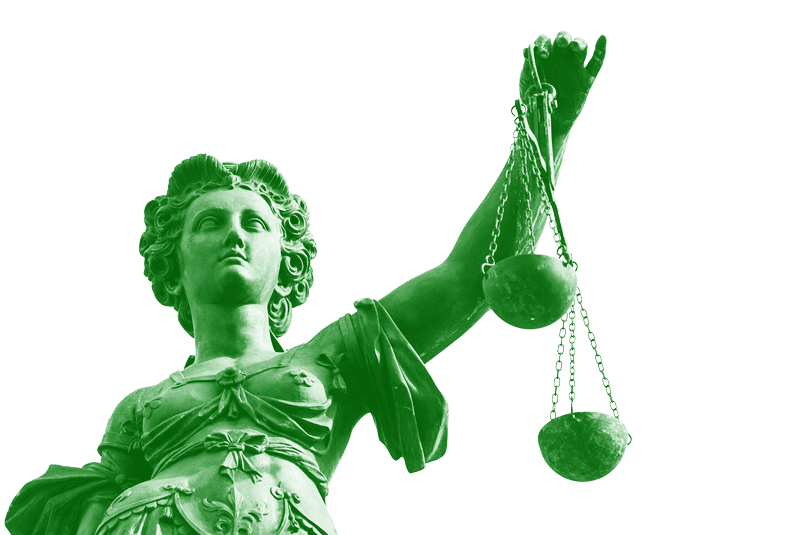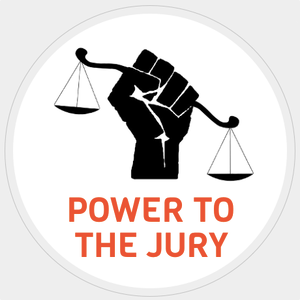[A couple of items I read in the last several days -- including one I'll blog about later this week -- lead me to write again about this question, adapting some items I wrote up when we were at the Washington Post site.]
[1.] I often hear people argue (often quite militantly) that the United States is a republic, not a democracy. But that's a false dichotomy. A common definition of "republic" is, to quote the American Heritage Dictionary, "A political order in which the supreme power lies in a body of citizens who are entitled to vote for officers and representatives responsible to them" — we are that. A common definition of "democracy" is, "Government by the people, exercised either directly or through elected representatives" — we are that, too.
The United States is not a direct democracy, in the sense of a country in which laws (and other government decisions) are made predominantly by majority vote. Some lawmaking is done this way, on the state and local levels, but it's only a tiny fraction of all lawmaking. But we are a representative democracy, which is a form of democracy.
[2.] And the same two meanings of "democracy" (sometimes direct democracy, sometimes popular self-government more generally) existed at the founding of the republic as well. Some framing-era commentators made arguments that distinguished "democracy" and "republic"; see, for instance, the Federalist (No. 10), as well as other numbers of the Federalist papers. But even in that era, "representative democracy" was understood as a form of democracy, alongside "pure democracy": John Adams used the term "representative democracy" in 1794; so did Noah Webster in 1785; so did St. George Tucker in his 1803 edition of Blackstone; so did Thomas Jefferson in 1815. Tucker's Blackstone likewise uses "democracy" to describe a representative democracy, even when the qualifier "representative" is omitted.
Likewise, James Wilson, one of the main drafters of the Constitution and one of the first Supreme Court justices, defended the Constitution in 1787 by speaking of the three forms of government being the "monarchical, aristocratical, and democratical," and said that in a democracy the sovereign power is "inherent in the people, and is either exercised by themselves or by their representatives." Chief Justice John Marshall — who helped lead the fight in the 1788 Virginia Convention for ratifying the U.S. Constitution — likewise defended the Constitution in that convention by describing it as implementing "democracy" (as opposed to "despotism"), and without the need to even add the qualifier "representative."
Sir William Blackstone, who was much read and admired by the framers, likewise used "democracy" to include republics: "Baron Montesquieu lays it down, that luxury is necessary in monarchies, as in France; but ruinous to democracies, as in Holland. With regard therefore to England, whose government is compounded of both species, it may still be a dubious question, how far private luxury is a public evil …." Holland was of course a republic, and England was compounded of monarchy and government by elected representatives; Blackstone was thus labeling such government by elected representatives as a form of "democrac[y]." The same is so today. America is a democracy, in that it's not a monarchy or a dictatorship. (Some people claim it is too oligarchic, in which case they'd say America isn't democratic enough — but again they'd be distinguishing democracy from oligarchy.) America is not a democracy in the sense of being a direct democracy.
[3.] And the Framers didn't just refer to representative government as democratic -- they referred to direct democracy as a republic.
One way to get at this is to ask: What is the first nation that you think about when you hear the word "Republic" today, and that the Framers likely thought about? What is the most famous historical Republic, indeed the one that gave us the word "Republic"?
Why, the Roman Republic, of course, which The Federalist and many others discussed as a republic. And yet in the Roman Republic, there was no representative legislature.
The Senate (which wasn't elected or representative) did have considerable interpretive and advisory authority, and the elected praetors could interpret the law in important ways. But the laws themselves were made by direct vote of the citizens (or just by the plebeians), in the comitia centuriata, the comitia tributa or the concilium plebis. (If someone suggests that the Senate was Rome's elected representative legislature, you can point out that it was not elected, not representative, and not a legislature.)
Roman lawmaking was thus direct lawmaking, though with a voting system that heavily favored the rich, not representative lawmaking. The laws had to be proposed by a magistrate, such as a consul or a tribune of the plebs, so it wasn't precisely like an American initiative. But the laws didn't have to first be passed by some elected legislative body first (again, remember that there were no elective legislative bodies); in principle, they just had to be proposed by one elected magistrate — such as one of the 10 tribunes of the plebs — and enacted by popular vote in the assembly. You can think of it as something between the modern American referendum and the modern American initiative. But it was direct popular lawmaking, not representative lawmaking.
And the Framers routinely called Rome a republic — indeed, they labeled Athens a republic, even though Golden Age Athens famously involved direct democracy. Hamilton in Federalist No. 6 states that "Sparta, Athens, Rome, and Carthage were all republics." Hamilton in Federalist No. 34 specifically talked about the Roman legislative assemblies, yet called Rome a republic. Federalist No. 63, generally attributed to Madison, labeled Rome as an example of a "long-lived republic." (Profs. Akhil Amar and Rob Natelson have written more extensively on this.)
[4.] Today, "republican" does tend to refer more to representative systems, but "democratic" often refers to following the will of the people, whether through direct democracy or representative democracy -- the precise meaning differs depending on the context. If you're asking whether to do something by direct ballot or by representative processes, you might ask whether we should be more democratic or more republican. If you're asking whether China would be better off giving more power to Chinese voters, you might ask whether it should be more democratic or less democratic, quite apart from whether you think the democracy should be direct or representative.
To be sure, in addition to being a representative democracy, the United States is also a constitutional democracy, in which courts restrain in some measure the democratic will. And the United States is therefore also a constitutional republic. Indeed, the United States might be labeled a constitutional federal representative democracy.
But where one word is used, with all the oversimplification that this necessary entails, "democracy" and "republic" both work. Indeed, since direct democracy — again, a government in which all or most laws are made by direct popular vote — would be impractical given the number and complexity of laws that pretty much any state or national government is expected to enact, it's unsurprising that the qualifier "representative" would often be omitted. Practically speaking, representative democracy is the only democracy that's around at any state or national level. (State and even national referenda are sometimes used, but only for a very small part of the state's or nation's lawmaking.)




Show Comments (20)